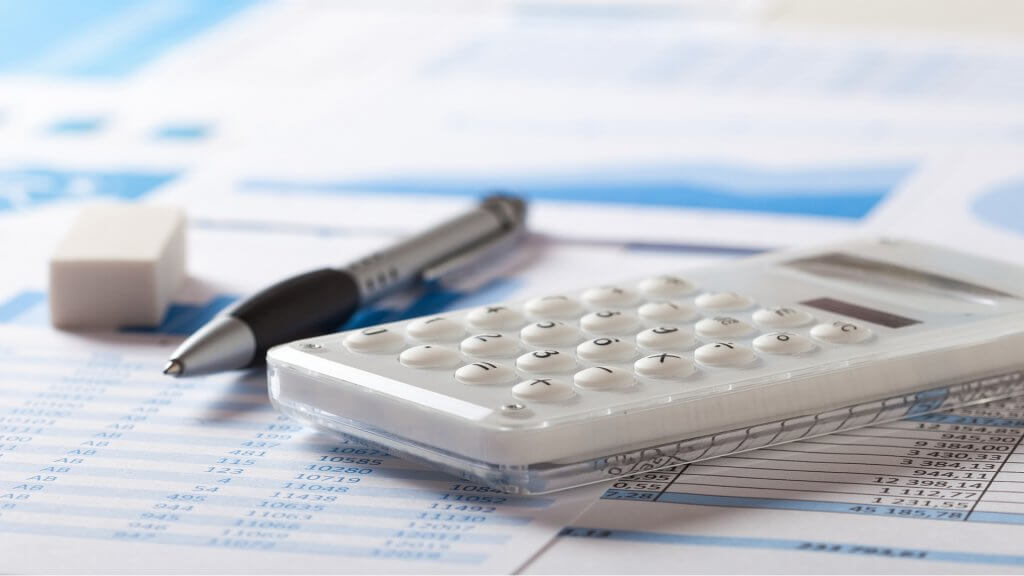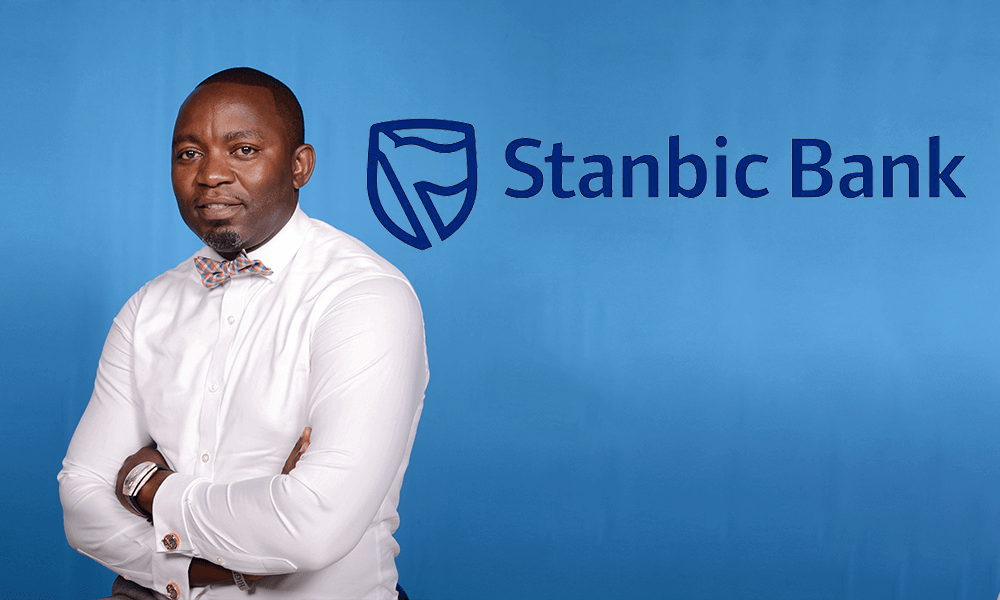
While some markets are struggling with an economic downturn, investors have been keeping busy. During the first half of 2020, there has been an uptick in trading activity across the world’s markets. In particular, significant growth was seen in stock and index trading, cryptocurrency, and CFDs.
Even if you’re familiar with stocks, indices, and cryptocurrencies, CFDs may be something new to you. If that’s the case, don’t worry, we are here to explain what CFDs are, how you can trade them, and what the benefits of trading in CFDs are.
What is a CFD?
A CFD, or ‘Contract for Difference’ is a contract between two parties, the buyer and the seller. The contract states that the buyer will pay the seller the difference in value between the current value of an asset and its value at the time of the contract. Should the difference become negative, the seller pays the buyer instead of the buyer to the seller.
Originally developed in the UK during the 1990s, CFDs were originally used by hedge funds and traders to gain exposure to stocks cost-effectively. They were suitable for this purpose as the required margin was small and no actual shares changed hands. At the time, it was also a nifty way of avoiding stamp duty in the country.
CFDs are considered an advanced trading strategy. They allow investors to trade on the fluctuating value of securities in the short term. They are also popular in forex trading and commodities.
How do you trade CFDs?

Trading in CFDs is a great way for investors to expand the versatility of their portfolio, as well as their understanding of the market. It isn’t wise, however, to just jump in feet first.
- First of all, you need to find a CFD broker so you can execute the trades through a proper platform. There are plenty of CFD broker platforms out there, but not all are created equally. CFD broker comparison sites, however, give you an easy to navigate the best CFD brokers and their features. Then you can make an informed decision on which will work for you and can help you yield the best results.
- You then need to consider which market you want to trade on. It is best to familiarise yourself with the market – look at previous fluctuations and read up on market trends and predictions.
- Next, decide whether you will buy or sell. If you think the price of the asset will increase, you buy. If however, you think that the market will fall in value, you will sell.
- Then it is time to decide how many CFDs you want to trade. For example, one CFD is equivalent to one physical share in equity trades.
- You should also consider putting in place what is known as a stop loss. This is an automatic order that will close your position, should the price of the CFD move too far against you.
- Once you have decided on the above and executed the CFD trade, you can keep track of the fluctuations of its value in your broker platform. Should you wish to close the trade at any time, you just click and it is closed.
Why would I want to trade CFDs?
There are a number of benefits of trading in CFDs. If you trade in CFDs, your investment capital can go much further as you only deposit a small portion of the trade’s value. This increases your purchasing power as you are trading on leverage. With only a low value of capital, you can gain exposure of up to 10x or even 40x on different assets. You are also able to go with long or short: when you buy stocks, you can only make money when the value goes up, but with CFDs, you can speculate on the value rising (long) or falling (short).
Picking a good CFD broker will give you global access to the world’s main markets – over 4000 of them – around the clock, all in one place. It is also worth noting that the CFD market is not required to specify a minimum amount of capital for day trading, as is the case in other markets.
The last word
For seasoned traders, CFDs offer a new and exciting way to trade. A different approach combined with leverage and margin means there are plenty of opportunities for success. Of course, as with any kind of trading, the markets are unpredictable and nothing is guaranteed. But by teaming up with a good online CFD broker and doing your background work, you can improve your chances of success.




















